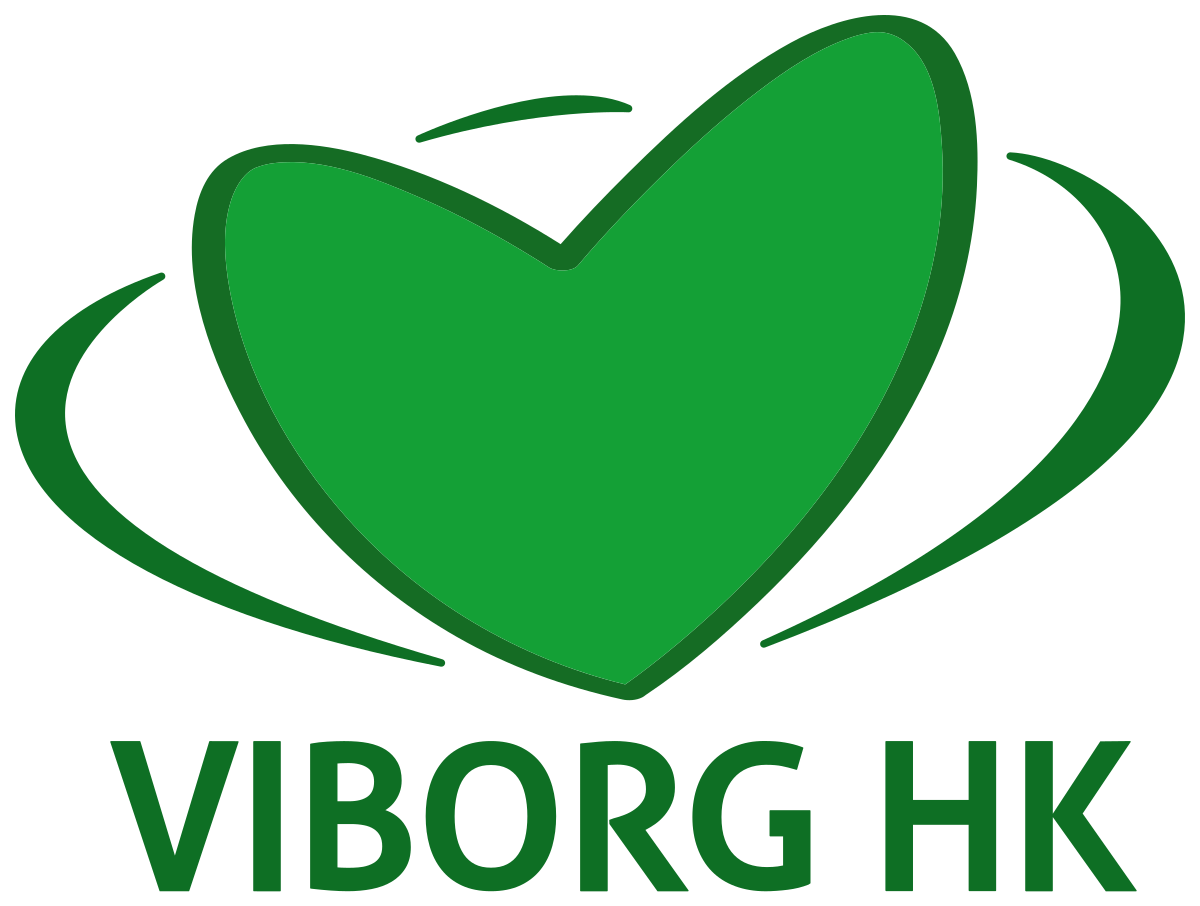Women
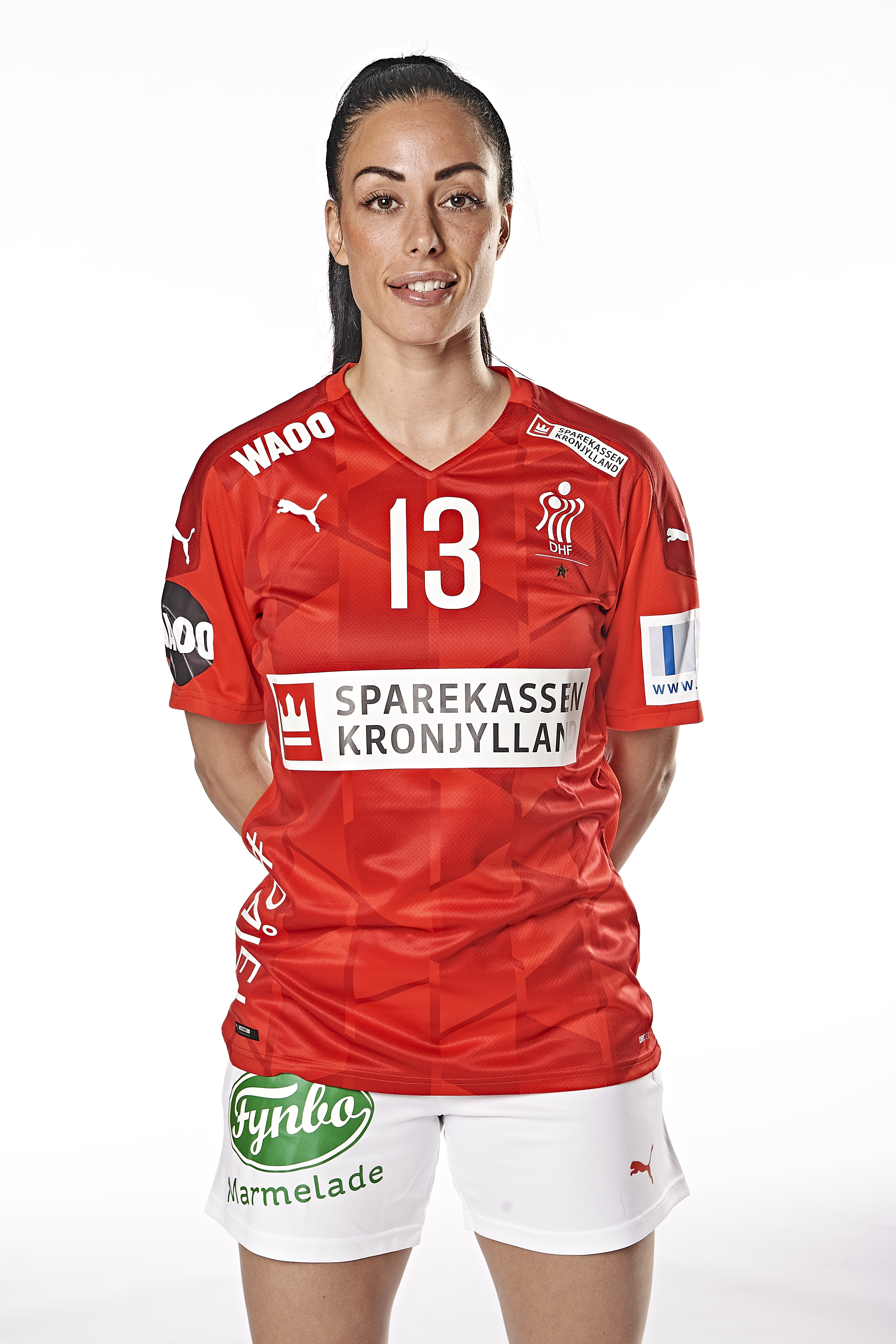
Simone BÖHME
Profile
Country
Denmark
Date of Birth
17 August 1991
Place of Birth
Age
33
Height
169 cm
Weight
61 kg

HC Dunãrea Brãila
ROU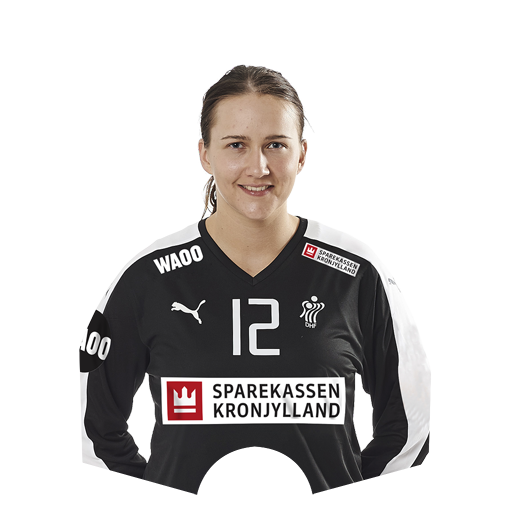
Cecilie Greve
Profile
Country
Denmark
Date of Birth
19 January 1992
Place of Birth
Age
Height
185 cm
Weight
80 kg

NFH
DEN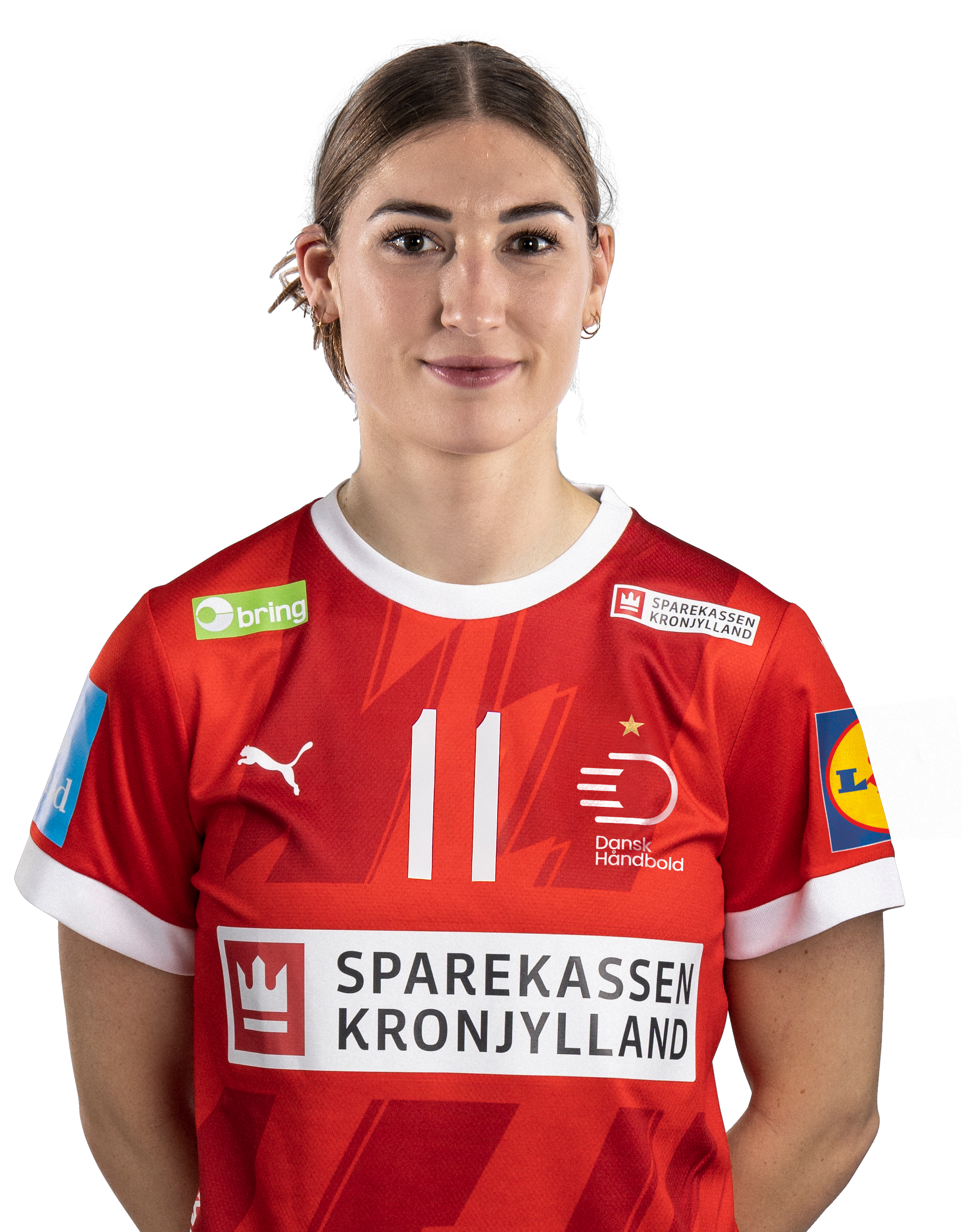
Line HAUGSTED
Profile
Country
Denmark
Date of Birth
11 November 1994
Place of Birth
Age
29
Height
180 cm
Weight
74 kg

Team Esbjerg HK
DEN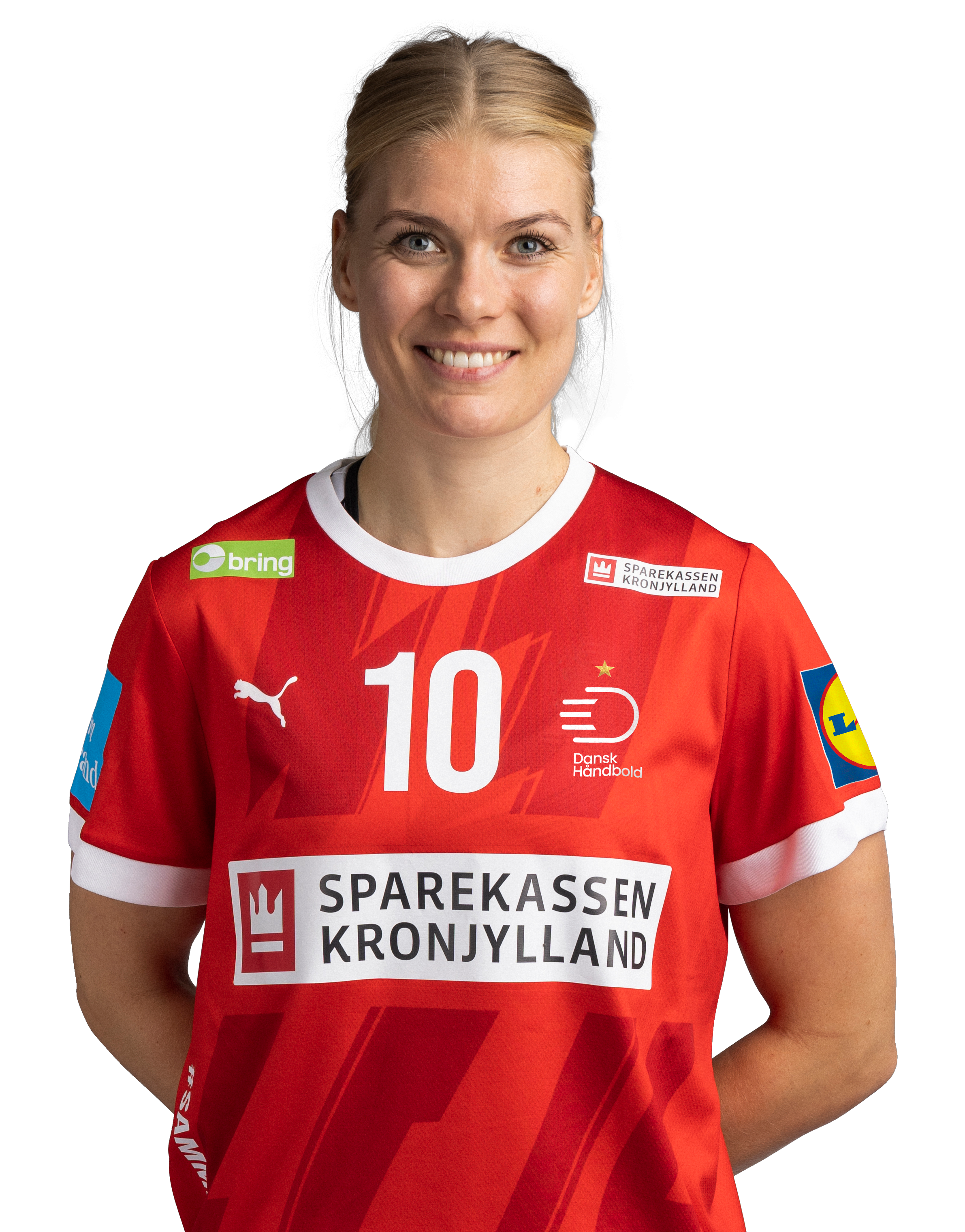
Kathrine Brothmann HEINDAHL
Profile
Country
Denmark
Date of Birth
26 March 1992
Place of Birth
Age
32
Height
182 cm
Weight
84 kg

Team Esbjerg HK
DEN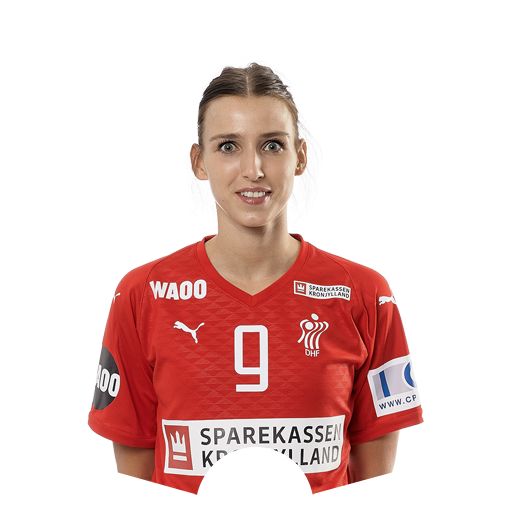
Fie WOLLER
Profile
Country
Denmark
Date of Birth
17 September 1992
Place of Birth
Age
31
Height
174 cm
Weight
64 kg

CSM Corona Brasov
ROU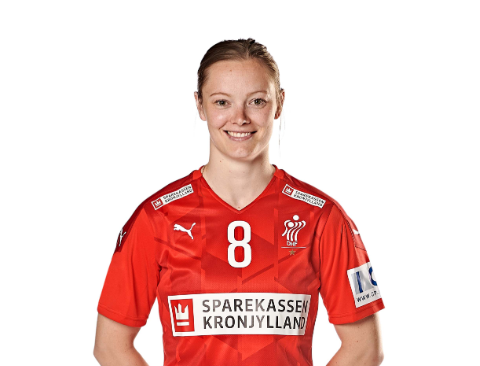
Anne Mette HANSEN
Profile
Country
Denmark
Date of Birth
25 August 1994
Place of Birth
Age
30
Height
182 cm
Weight
79 kg

CSM Bucuresti
ROU
Helena Elver HAGESØ
Profile
Country
Denmark
Date of Birth
01 March 1998
Place of Birth
Age
27
Height
175 cm
Weight
63 kg

Győri Audi ETO KC
HUN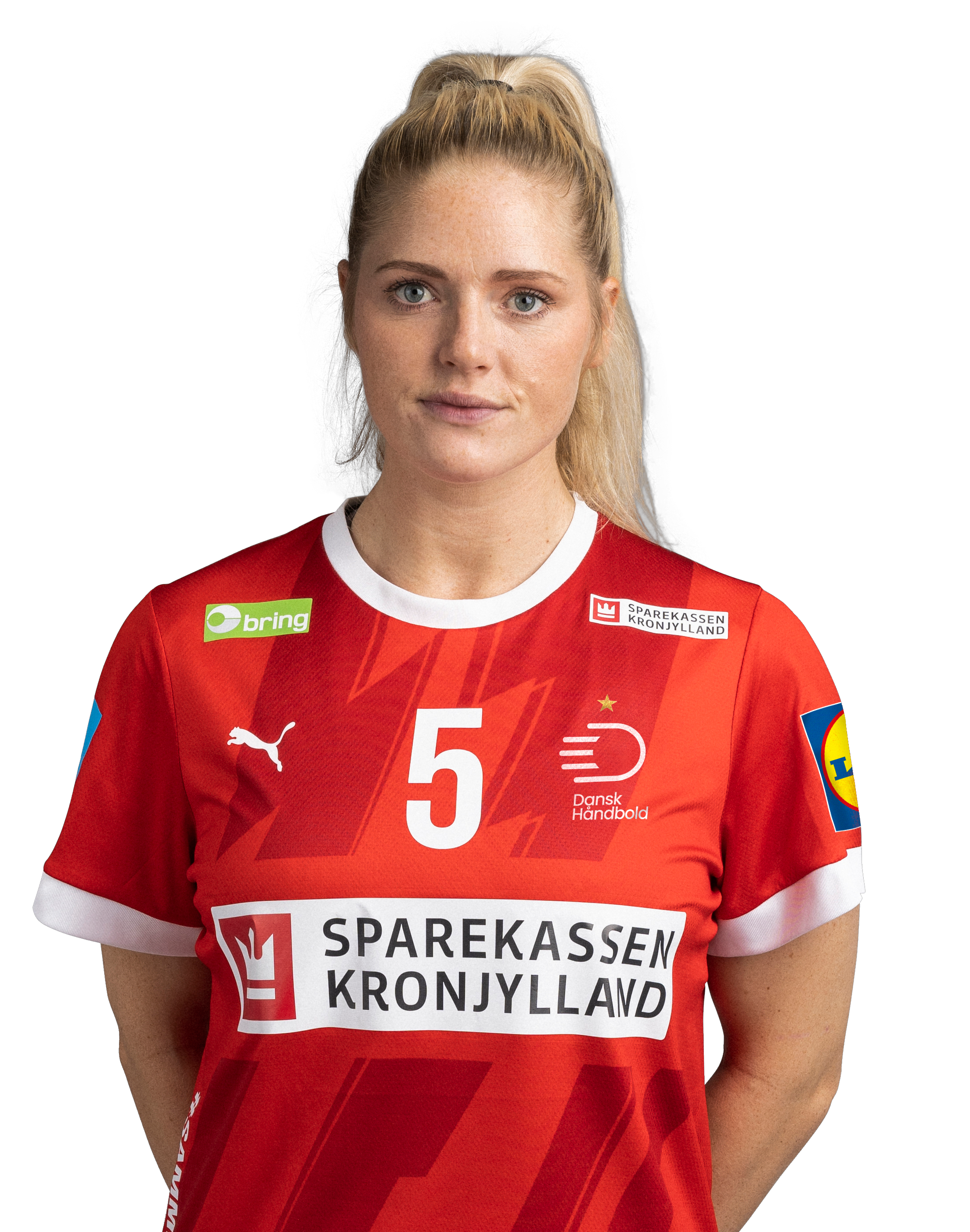
Sarah Aaberg IVERSEN
Profile
Country
Denmark
Date of Birth
10 April 1990
Place of Birth
Age
34
Height
177 cm
Weight
78 kg
Ikast Håndbold
DEN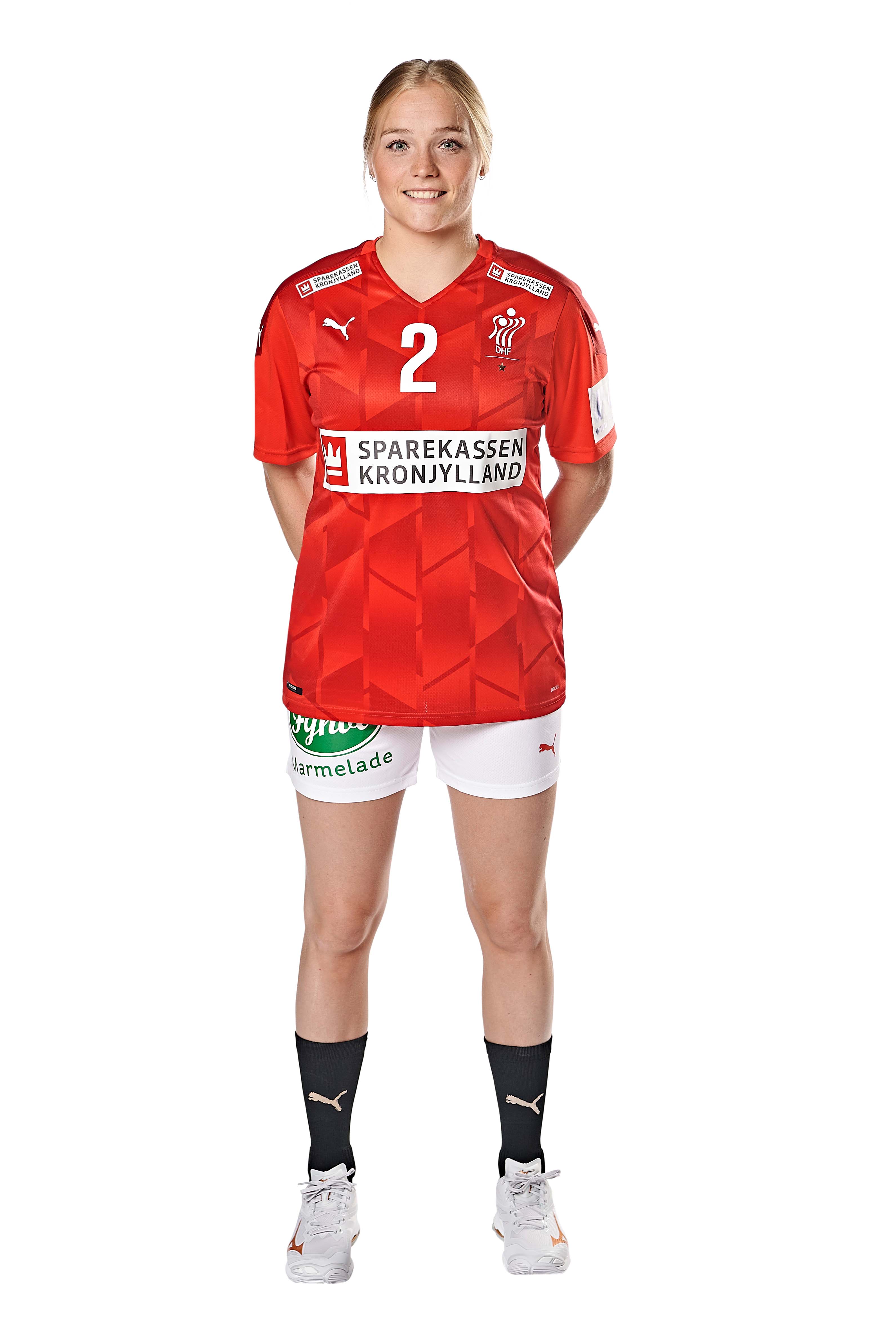
Lærke Nolsøe PEDERSEN
Profile
Country
Denmark
Date of Birth
19 February 1996
Place of Birth
Age
28
Height
167 cm
Weight
1 kg

Nykøbing F. Håndboldklub
DEN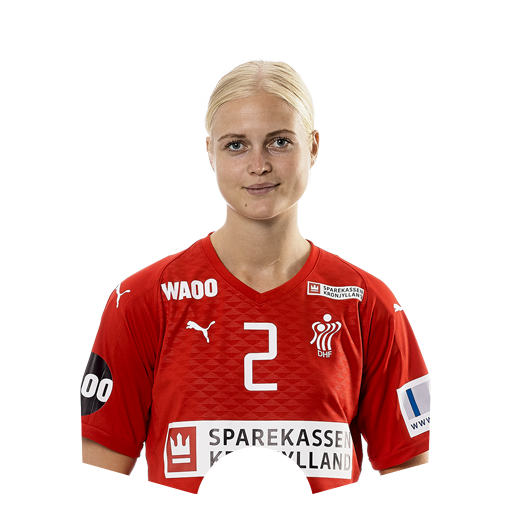
Pauline Bøgelund
Profile
Country
Denmark
Date of Birth
17 February 1996
Place of Birth
Age
Height
178 cm
Weight
70 kg
